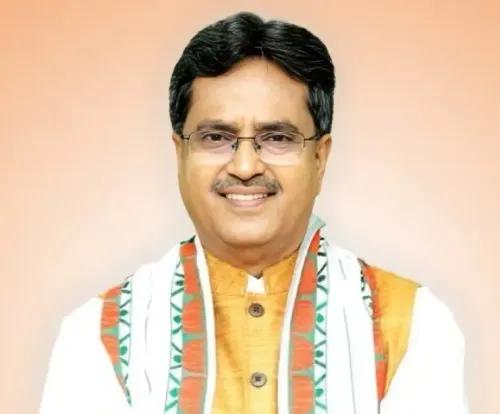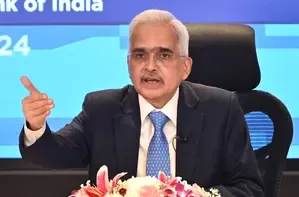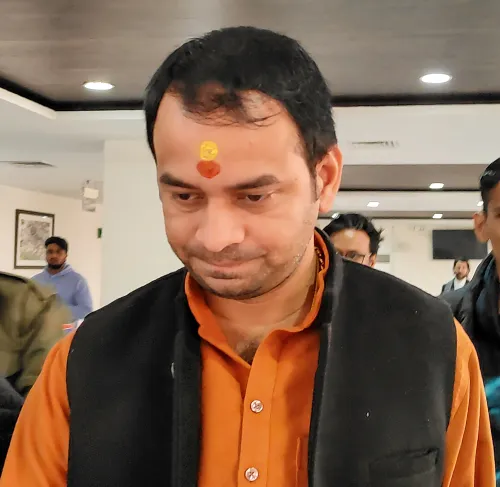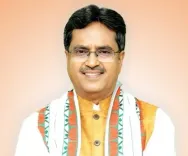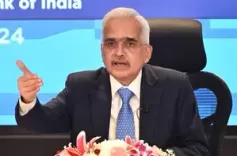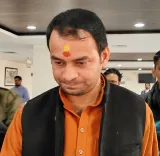Why Is Congress Defending UDF's Boycott of Ayyappa Sangamam?
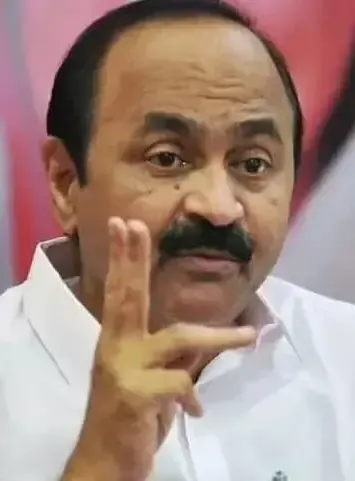
Synopsis
Key Takeaways
- UDF's boycott is a strategic political choice.
- Satheesan questions government's sincerity on Sabarimala.
- Attendance figures at Sangamam were disputed.
- Community organizations have the right to their own perspectives.
- Opposition's stance is to remain firm in their decision.
Ernakulam, Sep 25 (NationPress) Congress leader V.D. Satheesan on Thursday defended the United Democratic Front's (UDF) choice to boycott the Ayyappa Sangamam, which was organized with the backing of the Pinarayi Vijayan government. He emphasized that this decision was a deliberate political strategy aimed at unveiling what he described as the state government's "hypocritical devotion" in light of the upcoming elections.
During a press interaction in Ernakulam, Satheesan articulated the opposition's duty to reveal the ruling front's "true nature" to the faithful.
He posed three pressing questions that the Chief Minister and the state government have consistently "avoided".
"Will the government retract the affidavit it submitted to the Supreme Court regarding the Sabarimala issue? Will it dismiss the cases filed against thousands of devotees, including NSS members and women? And why is a government that has neglected Sabarimala's development for a decade suddenly rushing in with a master plan?" Satheesan queried.
He asserted that the government's track record concerning Sabarimala is well-known among the populace and remains unchanged.
Community organizations, such as the Nair Service Society (NSS), have the right to express their own viewpoints, which the opposition respects, he added.
Satheesan argued that had the UDF participated, it would have faced "mockery", akin to the Chief Minister's experience.
"The government claimed 4,200 attendees, yet only around 600 showed up. Participants were brought in to deliver hate speeches. Should we have been spectators to that?" he asked.
The Opposition Leader clarified that the boycott was a well-considered political response, not a sign of disrespect to faith.
"We foresaw the government's intentions and took a stand. We will remain steadfast in that choice," he affirmed.
Notably, while the Vijayan government supported the initial Ayyappa meeting at Pampa, the BJP managed another at Pandalam.
"We will not organize any such meetings," stated veteran Congress legislator Ramesh Chennithala.


